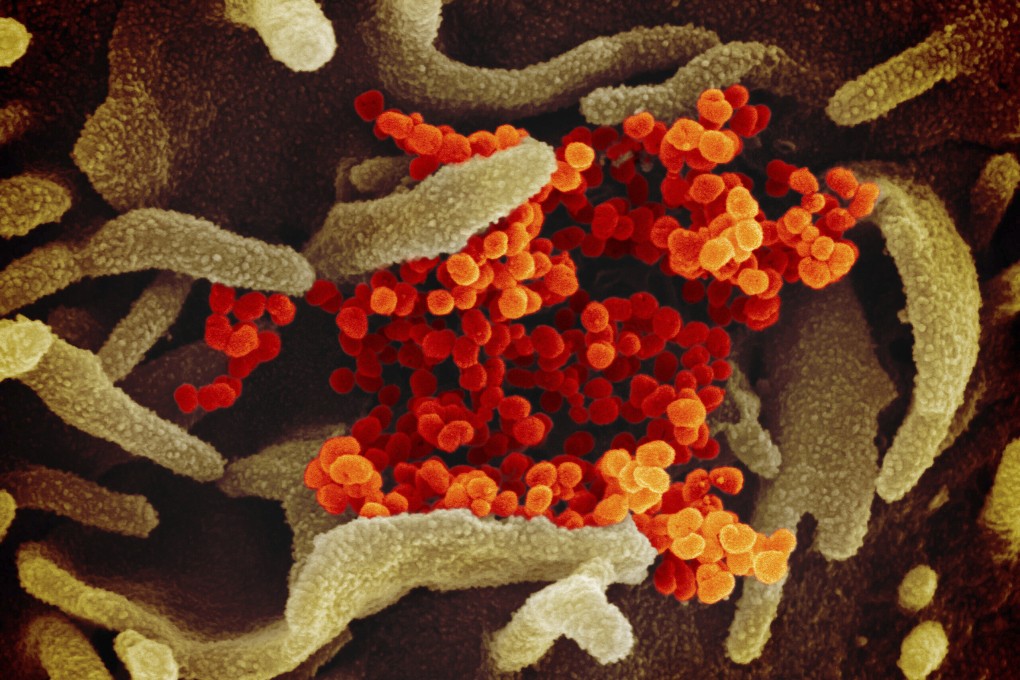Getting Covid-19 more than once raises risk of heart, lung and other physical problems, US study says
- Scientists warn that ‘every reinfection contributes additional risk’ and says people should focus on preventing illness
- However, a virologist with the University of Hong Kong, said reinfection was not a common phenomenon

Getting reinfected with Covid-19 has been linked to a range of serious health problems, according to a new study from the United States.
A study published in Nature Medicine earlier this month found that reinfection further increases the risks of adverse health outcomes.
Ziyad Al-Aly, the corresponding author of the study and the chief of research at the Veterans Affairs Saint Louis Health Care System and clinical epidemiologist at Washington University in Missouri, said people must focus on the prevention of infection and reinfection.
“Reinfection is not benign. People who had prior infection with Sars-CoV-2 and get it again (reinfection) are at increased risk of complications (hospitalisation, death, and organ injury) in both the acute and post-acute phase of covid,” Al-Aly said.
The researchers of the study used data from the US Department of Veteran Affairs national healthcare database and compared outcomes for 5.3 million people who had not been infected; more than 443,000 people with one confirmed Covid-19 infection; and another group of nearly 41,000 people who had two or more infections.
